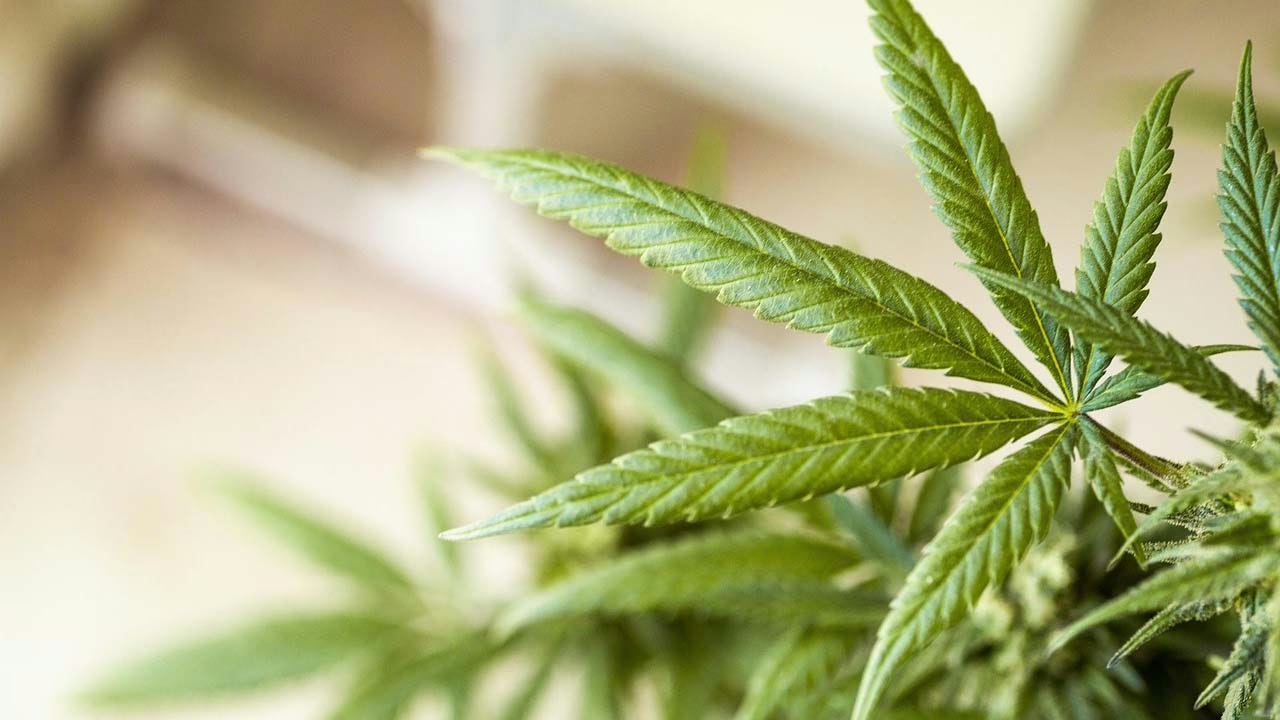Proposed U.S. Bill Closing THC Loophole Threatens Entire Hemp Industry
Summarize

In July 2025, the U.S. Senate Appropriations Committee advanced a version of the House Agriculture-FDA spending bill. The bill, backed by Senate Minority Leader Mitch McConnell, has language that establishes a THC potency threshold that would effectively ban up to 90% of currently legal hemp products. This is due to the language including products with trace amounts of THC falling within the ban. The bill would give farmers and businesses one year to implement the new law requirements.
The House and Senate bills are mostly the same, except that the Senate bill allows a one-year implementation period. The bill is the result of the 2018 Farm Bill leading to unintended consequences. The original bill allows up to .3% delta-9 THC in hemp-derived products. However, producers are making lab-made cannabinoids like delta-8 THC, delta-10 THC, THCP and HHC by synthesizing CBD through chemical processes. Since they are not explicitly mentioned in the 2018 Farm Bill, these intoxicating synthetic cannabinoids are technically legal.
Products containing these synthetic ingredients are being sold to children in appealing forms and are now easily accessible in convenience stores and gas stations. McConnell said, “These intoxicating products have flooded the market in the absence [of] no regulatory structure, and [businesses] often use deceptive and predatory marketing towards children with packaging and logos similar to existing food products such as Oreos, candy, gummies and cereals.”
The Senate bill, now on its way back to the House, bans synthetic cannabinoids that are intoxicating, but broad language threatens the entire hemp-derived cannabinoid industry. In the bill, cannabis sativa with a total THC concentration, including THCA, of 0.3% or less remains legal as industrial hemp. It also says that industrial hemp grown for fiber, fuel, food or “any other non-cannabinoid derivative” final product is legal. The bill directs the FDA and the Department of Health and Human Services to set a limit for the quantifiable amounts of THC or intoxicating cannabinoids in hemp-derived products. These stipulations taken together mean most THC products derived from hemp could become illegal since most hemp-derived products will have at least a trace of THC.
The Senate version of the bill allows for a 6-month review period, giving the government time to assess the impact of the ban on the cannabinoid marketplace and to review standards for packaging, testing and labeling. Jonathan Miller, chair of the U.S. Hemp Roundtable, explains,
“A blanket ban on more than 90% of hemp consumable products is not the right path.”
There is concern that the government could limit products based on quantifiable THC content without science-based evidence, devastating small businesses. In addition, making all THC products illegal will make them inaccessible to adults who are benefiting from their use.
To be clear, the Senate Appropriations Committee bill version must still pass with a full Senate vote and then be reconciled with the House version in a conference committee. The President must sign the bill that passes out of the conference for it to take effect. Given that the current administration is a strong supporter of small businesses, there is a chance he would not sign the bill as it is written now.
Share this post


0